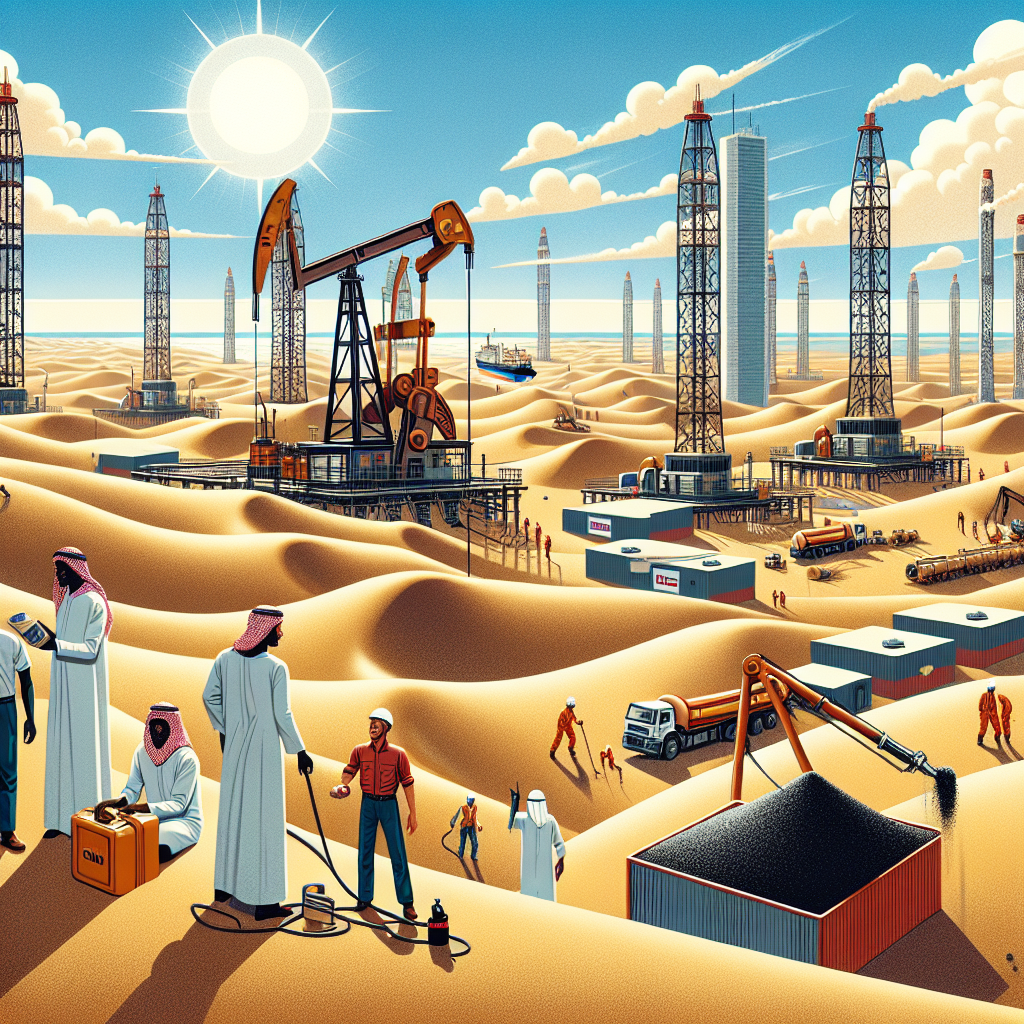Libya’s Economy Faces Contraction in 2024 Despite Oil Recovery, World Bank Report Highlights Diversification and Stability Needs
“Stability and improved governance will be fundamental to Libya's economic recovery,” said Ahmadou Moustapha Ndiaye, Country Director for the Maghreb and Malta at the World Bank.

Libya's economy is set to stabilize following a resolution to the Central Bank of Libya (CBL) leadership crisis, which had disrupted oil production, a key pillar of the nation's economy. However, according to the World Bank’s latest economic monitor, Libya’s Gross Domestic Product (GDP) is projected to contract by 2.7 percent in 2024, underscoring the challenges of economic diversification and the dependence on hydrocarbons.
Oil Sector Performance and Economic Trends
The CBL crisis caused an 8.5 percent contraction in oil production during the first ten months of 2024, with output falling from 1.17 million barrels per day (Mbpd) to a low of 0.54 Mbpd in September. Following the resolution, production rebounded to 1.3 Mbpd by the end of October, surpassing pre-crisis levels. Oil prices remained steady at around $80 per barrel, reflecting global market dynamics, including weakening demand from China and escalating geopolitical tensions in the region.
Despite this recovery, Libya’s oil-dominated economy remains vulnerable to global demand fluctuations and domestic instability. Over the past decade, ongoing political and economic disruptions have cost the country an estimated $600 billion in lost output (in constant 2015 dollars). The World Bank estimated that without conflict, Libya’s 2023 GDP could have been 74 percent higher.
Economic Outlook and Growth Projections
Looking ahead, oil output is expected to stabilize, with projections of 1.2 Mbps in 2025 and 1.3 Mbps in 2026, leading to GDP growth rates of 9.6 percent in 2025 and 8.4 percent in 2026. Non-oil GDP growth is anticipated to remain modest, at 1.8 percent in 2024, driven by consumption, before accelerating to an average of 9 percent during 2025-2026, spurred by fiscal reforms and economic stabilization.
Although oil revenues are expected to decline in 2024, Libya’s fiscal and external balance surpluses are projected at 1.7 percent and 4.1 percent of GDP, respectively, due to reduced government spending and imports.
Challenges and Priorities
Key challenges facing Libya include its heavy reliance on hydrocarbons, low productivity, and deteriorating social services, including health and education. The country’s Gross National Income (GNI) per capita was $7,570 in 2023, classifying Libya as an upper-middle-income country, but development indicators have lagged due to instability and limited economic diversification.
The report emphasizes the need for Libya to address systemic risks, including climate-related vulnerabilities that could disrupt infrastructure and essential services. By improving governance, ensuring security, and prioritizing strategic investments in non-oil sectors, Libya has the potential to unlock high-value job opportunities and enhance overall economic resilience.
Global Energy Transition and Economic Diversification
As the global energy sector pivots towards cleaner alternatives, Libya’s reliance on hydrocarbons poses long-term sustainability risks. Encouraging private sector-led growth and fostering investment in non-oil sectors, such as renewable energy, agriculture, and technology, are seen as vital steps for Libya’s economic transformation.
Leadership Commentary and Strategic Vision
“Stability and improved governance will be fundamental to Libya's economic recovery,” said Ahmadou Moustapha Ndiaye, Country Director for the Maghreb and Malta at the World Bank. He highlighted the importance of addressing climate risks to safeguard infrastructure and ensure sustainable growth.
“By reducing dependence on hydrocarbons and focusing on economic diversification, Libya can lay the groundwork for a more inclusive and prosperous future,” Ndiaye added.
Future Prospects
Despite its current challenges, Libya has significant potential to capitalize on its strategic geographic location, human capital, and natural resources. By fostering stability and aligning economic policies with global energy transition goals, Libya can emerge as a regional leader in sustainable development and clean energy.
Through robust reforms and investments in diversification, Libya could significantly improve living standards, create high-value jobs, and strengthen its role in the global economy, paving the way for a more equitable and resilient future for its citizens.
- READ MORE ON:
- Libya
- World Bank










